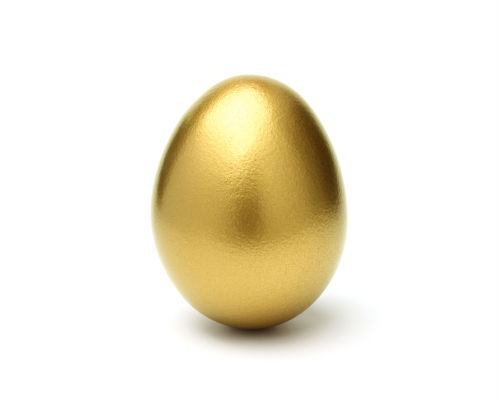It was raining money in the streets of Kuwait earlier this year. Don’t we all wish that we’d been driving by at this wonderful time (so much better than the raining spiders in Australia).
Unfortunately, while you keep wishing for raining money, you need to make sure that you’re prepared, just in case. The best way is to get your investment plans settled and here’s how you go about them.
Young adults in their 20s
Twenties is the ideal time for entering the investment world. It is the best time to get all insurance covers at the lowest rates and get that magic of compounding working on even small investments.
You are free from major responsibilities and have more time and energy to learn about the financial markets. So, it is the best time to try your hand at maximum equity exposure, for higher returns. Ideally, one can even go with 90% equity exposure at this time.
With the entry of a new breed of youngsters with high disposable incomes, the home purchasing age of Indians has also come down to the 20s now.
Remember: The biggest mistake you can make at this time is not investing.
Products recommended: ELSS, Long term SIPs, bonds, ULIPs, Stocks, ELSS, Term Plan, Health Insurance
The mature-young of the 30s
Having entered the 30s, your finances are starting to look serious. You expenses are growing; with a home loan and car loan. Your salary too has grown. So, if you haven’t gotten your finances in order by now, it’s time to buckle down.
Consider your expenses, short terms goals, and envision your retirement. You can allocate a certain percentage your salary for all fixed liabilities, including loans and investments. Ideally, that can take up 60% of your income, so that you can breathe easy.
This is a good time to cement a solid foundation for your portfolio. Investments at this time should be regular, systematic and adequate to reach your goals.
Remember: Start planning for retirement and include a pension plan in your portfolio.
Products recommended: Stocks, bonds, real estate, ELSS, MFs, post office savings, KVP, gold, pension plans
The Quadragenarians (40s)
Your priorities are a longer list now. Besides retirement planning, your children’s education has now been added to your expenses. A dilemma faced by people at this stage is balancing their investments for varied requirements.
Close all unwanted loans by now. Bring down your home loan by part payment, so that you can concentrate on your investments alone. Review your portfolio to understand where you are standing.
A 75:25 ratio for equity-debt can be ideal if you are open for risks, or if you are short of your goals. Or else, it can be kept at 50:50.
Remember: Debts tend to curb your investment plans at this stage, so keep them controlled.
Products recommended: PPF, pension plans, ELSS, Fixed Deposits, KVP, ELSS, MFs, ELSS
Nearing Retirement (50s)
Your investment tenure is getting shorter now and you’re looking at some big ticket spending like children’s college education, marriage etc.. If your income comfortably outpaces your spending now, you are safe. But if there is a potential shortfall, you should start aggressively planning.
Some people would want to gather a corpus at this time for investing in retirement communities.
Remember: It can be tempting to let insurance policies lapse or ignore them at this stage. But insurance is a need at this stage too.
Products recommended: Debt funds, FDs, Liquid Funds, ELSS, NSC, Short term FDs
The Retirees (60s)
Many would think that an investment plan is not necessary after retirement, but this is a critical stage of your life where you should have perfect control over your finances. You may have too many unplanned expenses at this stage.
You will have some money in hand through gratuity amounts, matured insurance policies etc. So, you need to channelize them to make them best use of them and to save tax.
Invest in short term plans and ensure that you have high liquidity with your investments for meeting possible financial emergencies and miscellaneous expenses.
Remember: If you are not meeting your goals, you can go in for a reverse mortgage option.
Products recommended: Liquid funds, Post Office Monthly Income Scheme, Tax Saving FDs, SCSS.
A simple illustration to show how starting early is a must have:
Rahul (25) allows Rs.3000 to be taken from his salary account every month towards an RD. This goes on for 30 years. When he turns 55, he has a corpus of Rs.44,52,785 (at 8% interest).He could easily use this amount for his daughter’s wedding. Now let’s suppose that he started at the age of 40. He gets only a corpus of Rs.10,40,119, which will be insufficient.
Investment avenues are aplenty. The key here is being aware of them and picking the best ones. Just hope that it doesn’t rain spiders, literally or figuratively!
YOU MAY ALSO WANT TO: Make sure your investments are climbing up the right spout – SIP Calculator, Compound Interest Calculator, Home Loan EMI Calculator, Car Loan EMI Calculator
